Keywords: Right To Choose
There are more than 200 results, only the first 200 are displayed here.
-

AUSTRALIA
- Margaret Somerville
- 03 June 2021
80 Comments
The case against euthanasia is much more difficult to promote, not because it is weak — it is not — but because it is much more complex.
READ MORE 
-

AUSTRALIA
- Margaret Somerville
- 03 June 2021
9 Comments
No one on either side of the debate wants to see people suffer and the euthanasia debate is not about if we will die — we all will at some point. The debate is about how we will die and whether some ways of dying, namely euthanasia, are unethical and dangerous, especially to vulnerable and fragile people, and destructive of important shared values on which we base our societies.
READ MORE
-
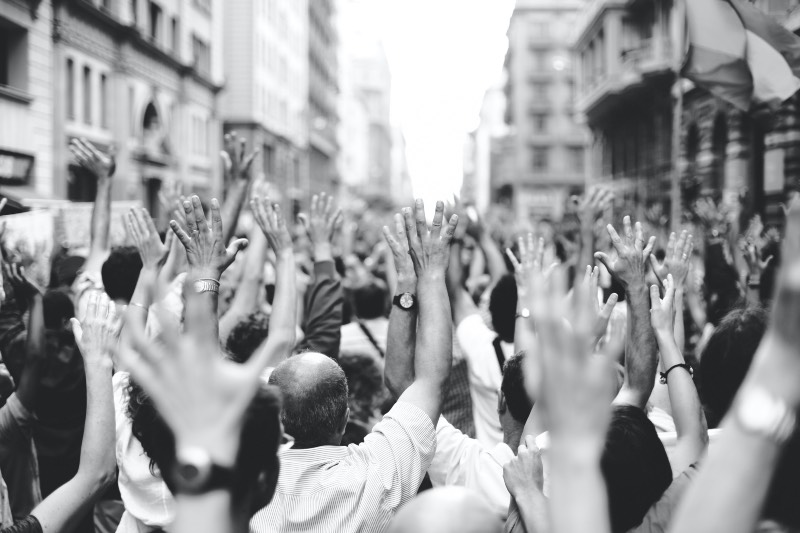
INTERNATIONAL
- Andrew Hamilton
- 15 April 2021
4 Comments
The parallels with our own times of the events of Black Friday in 1921, with its movement from a time of heavy social spending and the flowering of social capital to a time of recovery, and the fateful choices that are made at such times, are evident. We await the results of the economic choices being made by government and their effects on community and solidarity.
READ MORE 
-
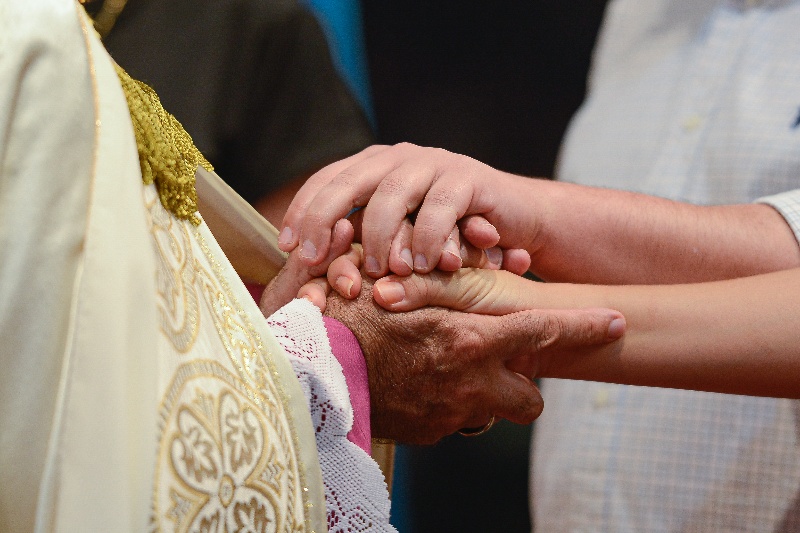
RELIGION
The opening line of John Paul’s encyclical is memorable: ‘Faith and reason are like two wings on which the human spirit rises to the contemplation of truth.’ The recent pronouncement by the Vatican’s Congregation for the Doctrine of the Faith (CDF) on the blessing of same-sex unions certainly had people assessing its reasonableness as a so-called ‘deposit of faith’.
READ MORE 
-
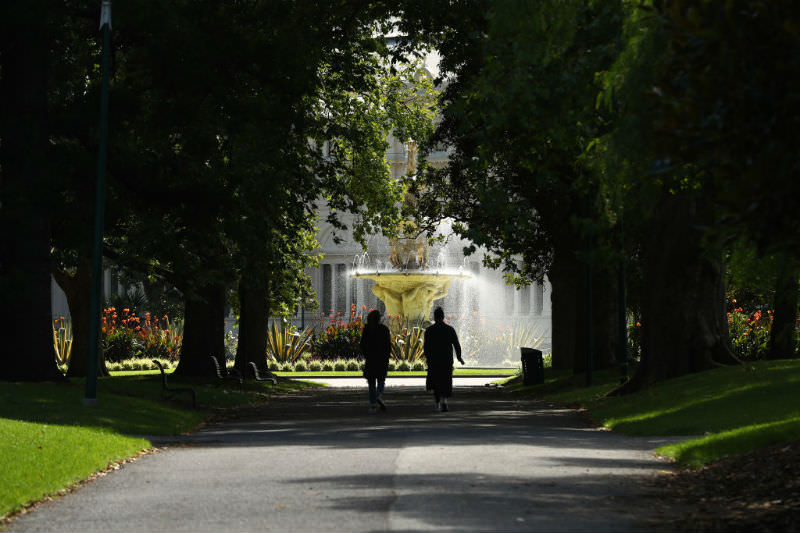
ENVIRONMENT
- Andrew Hamilton
- 03 November 2020
17 Comments
These last weeks the possible re-election of Donald Trump has been one of the dark birds that visit many of us in the night. As with other such epochal events, of course, how we might react internally to it is of vastly less weight than its effect on the world. Neither early morning wandering nor anything else we can do will change that. But it might shape our response.
READ MORE 
-
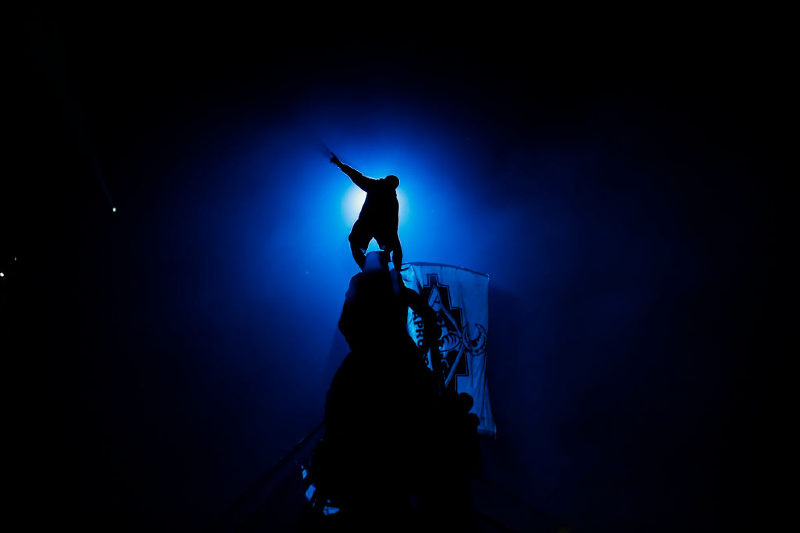
INTERNATIONAL
- Ramona Wadi
- 03 November 2020
Chile has a strong democratic tradition, which was marred by the dictatorship. The representatives tasked with writing the new constitution will need to veer away from the prevailing right-wing and centre-left influence, all of which contributed to Chile maintaining its status as one of the most unequal societies in Latin America.
READ MORE 
-
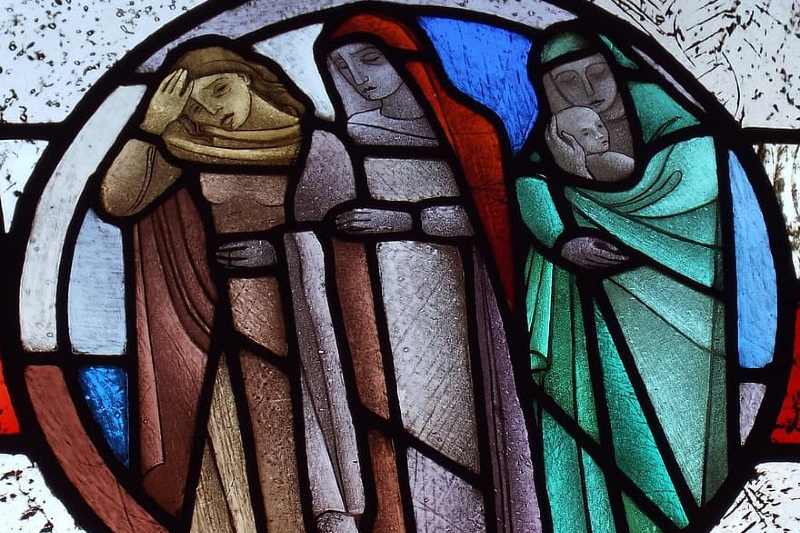
RELIGION
- Marilyn Hatton
- 27 October 2020
37 Comments
Phyllis Zagano’s latest book Women: Icons of Christ is a must read for all who desire equality for women in our world and an inclusive practice of Catholic faith. The critical issue Zagano presents in this book is that ordaining women to the deaconate is a not a new or forbidden act in Catholic history but rather a return to a practice that endured for hundreds of years.
READ MORE 
-
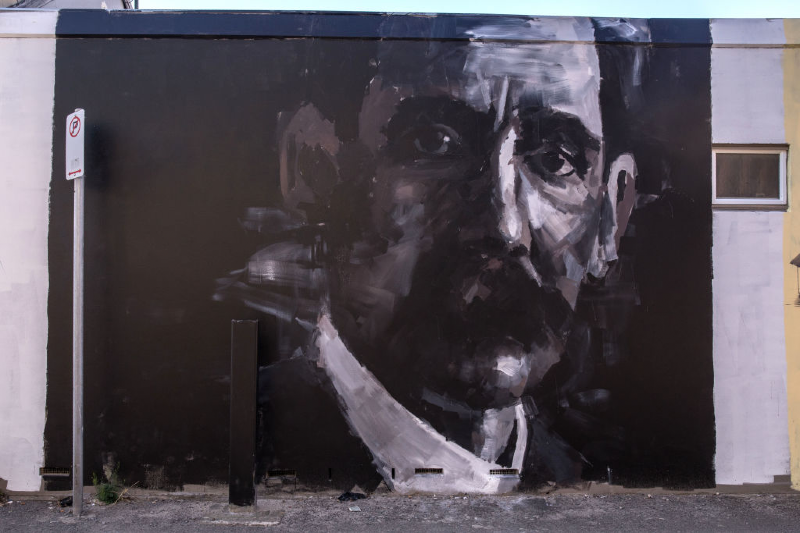
ARTS AND CULTURE
- Brian Matthews
- 06 October 2020
10 Comments
He came in, sat down, and we talked about Henry Lawson. He was well read in the field, having encountered Lawson not only in a small way at school but especially at home where his mother had given him an anthology of Australian stories and he’d come across ‘The Drover’s Wife’. We hit it off: he was pleasant, engaging and witty and we resolved to continue our talk in the near future.
READ MORE 
-
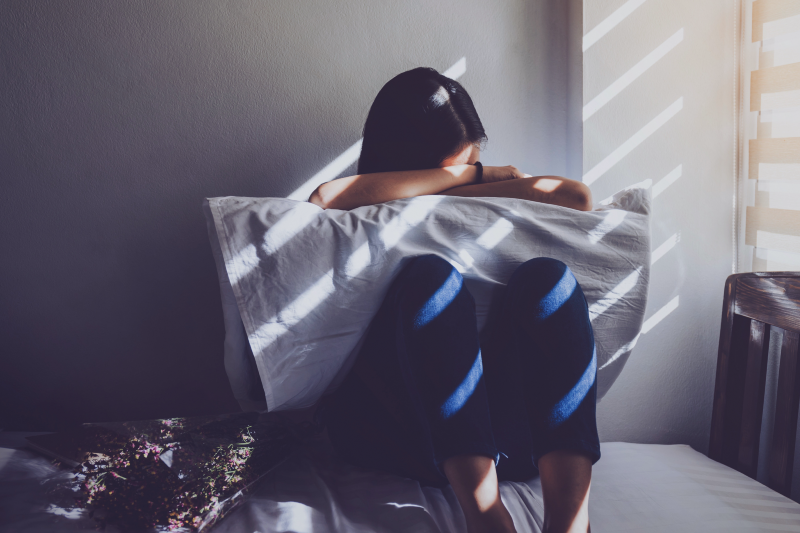
AUSTRALIA
- Andrew Hamilton
- 10 September 2020
4 Comments
A recent report from Jesuit Social Services’ Support after Suicide program reflects on the experience of people who have accompanied a friend or family member before, through and after their suicide. At the heart of the report is its insistence on the importance of the human face in health care.
READ MORE 
-
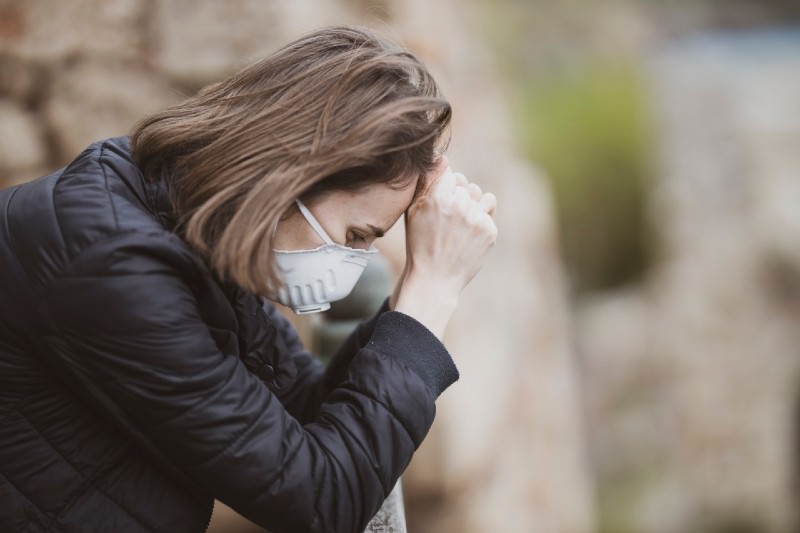
AUSTRALIA
- Andrew Hamilton
- 09 July 2020
9 Comments
For Victorians this last week has been taxing. It began with rising numbers of COVID-19 infections, moved to the lock-down of housing commission towers enforced by hundreds of police and has continued with the lockdown of the whole Melbourne area for six weeks and exclusion from other States.
READ MORE 
-
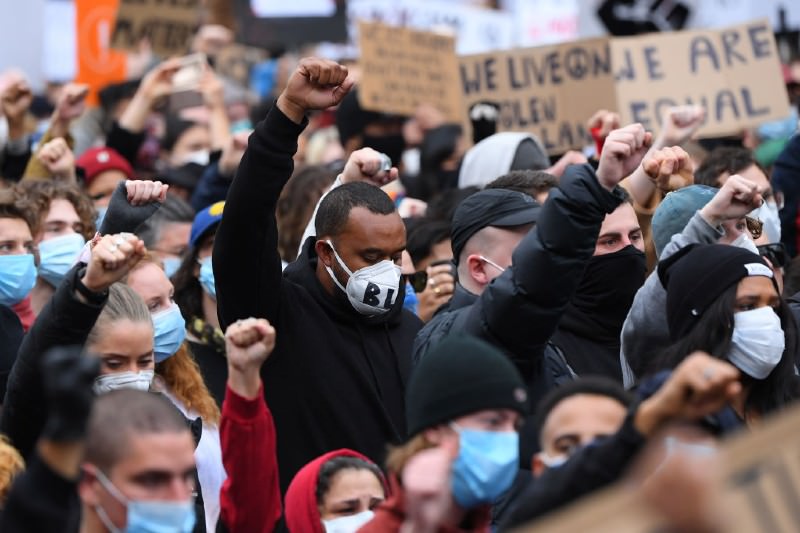
AUSTRALIA
- Sherry Balcombe
- 09 June 2020
25 Comments
The streets were packed there were thousands of people there to march in solidarity with us. It was so incredibly heartening. Australia is growing. The only time I have felt this atmosphere was in Sydney in the 1988 march on Australia Day. But this time was different very different it was predominately young people under the age of 30. They get it, they do see it.
READ MORE 
-

ARTS AND CULTURE
- Jennifer Zeven
- 22 May 2020
13 Comments
I spent the first six or seven years of my life spellbound by my mum’s stories of her childhood in Far North Queensland. Herstory came from warm, outback and subtropical places. She and her sisters wrote on slates at school, played in custard apple trees, kept their own bees.
READ MORE 